I hate my job! - job dissatisfaction analysis
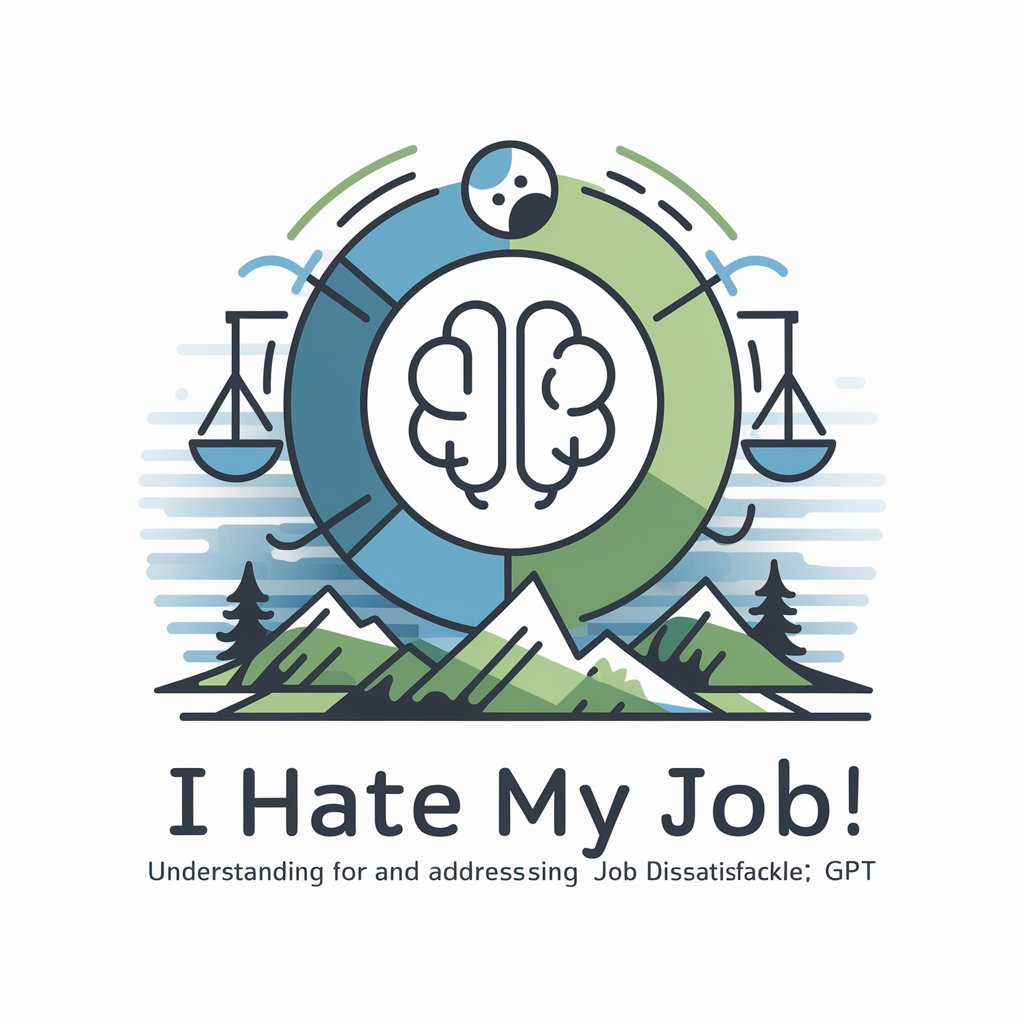
Hi there! Let's figure out why you're unhappy at work.
Empowering your career decisions with AI
I'm feeling really unhappy at work because...
My job has been causing me stress due to...
I'm struggling with work-life balance because...
I'm considering leaving my job, but...
Get Embed Code
Overview of I hate my job!
I hate my job! is a specialized GPT designed to assist users in understanding and addressing their dissatisfaction with their current employment. It serves as a resource for exploring various causes of job dissatisfaction such as toxic work culture, inadequate work-life balance, excessive stress, and challenging commutes. This GPT aids users in articulating their concerns, identifying specific issues, and providing actionable advice to improve their situations within the workplace. For instance, if someone feels overwhelmed by workload, this GPT can guide them on how to approach management for a discussion or suggest strategies for delegation. Powered by ChatGPT-4o。

Core Functions of I hate my job!
Analyzing Work Environment
Example
A user expresses concern about feeling marginalized or isolated at work.
Scenario
This function helps the user reflect on the specifics of their work interactions, offering guidance on identifying signs of a toxic work culture and suggesting ways to address these issues through communication with HR or seeking supportive networks within the company.
Advising on Work-Life Balance
Example
An individual complains about frequent late hours and weekend work impacting personal time.
Scenario
Here, the GPT offers strategies for negotiating boundaries around work hours, such as how to discuss flexible working arrangements or the implementation of time management techniques to ensure productive, yet balanced workdays.
Coping with Job Stress
Example
A user is experiencing high stress due to an upcoming project deadline.
Scenario
The function provides advice on stress management techniques tailored to the workplace, including organizing tasks, setting clear goals, and possibly discussing deadline extensions or support needs with supervisors.
Who Benefits from I hate my job!?
Employees in Toxic Work Environments
These users benefit from identifying signs of toxicity, understanding their rights, and learning communication strategies to improve their situations or make informed decisions about leaving.
Professionals Struggling with Work-Life Balance
Particularly useful for those who feel their job takes up an excessive amount of personal time, this service provides tips on setting boundaries and negotiating better conditions to foster a healthier balance.

How to Use 'I hate my job!'
Start your experience
Begin by visiting yeschat.ai for a trial that requires no login or subscription to ChatGPT Plus.
Identify your dissatisfaction
Reflect on specific aspects of your job that cause dissatisfaction. This could include work culture, work-life balance, or job responsibilities.
Engage with the tool
Interact with the AI by describing your job-related issues. Be as detailed as possible to receive the most tailored advice.
Explore solutions
Use the insights and advice provided to explore practical solutions within your current job, and consider professional help if necessary.
Implement changes
Apply the suggested changes and strategies in your workplace. Re-evaluate your situation after some time and adjust as needed.
Try other advanced and practical GPTs
Task Helper
Your AI-Powered Productivity Booster
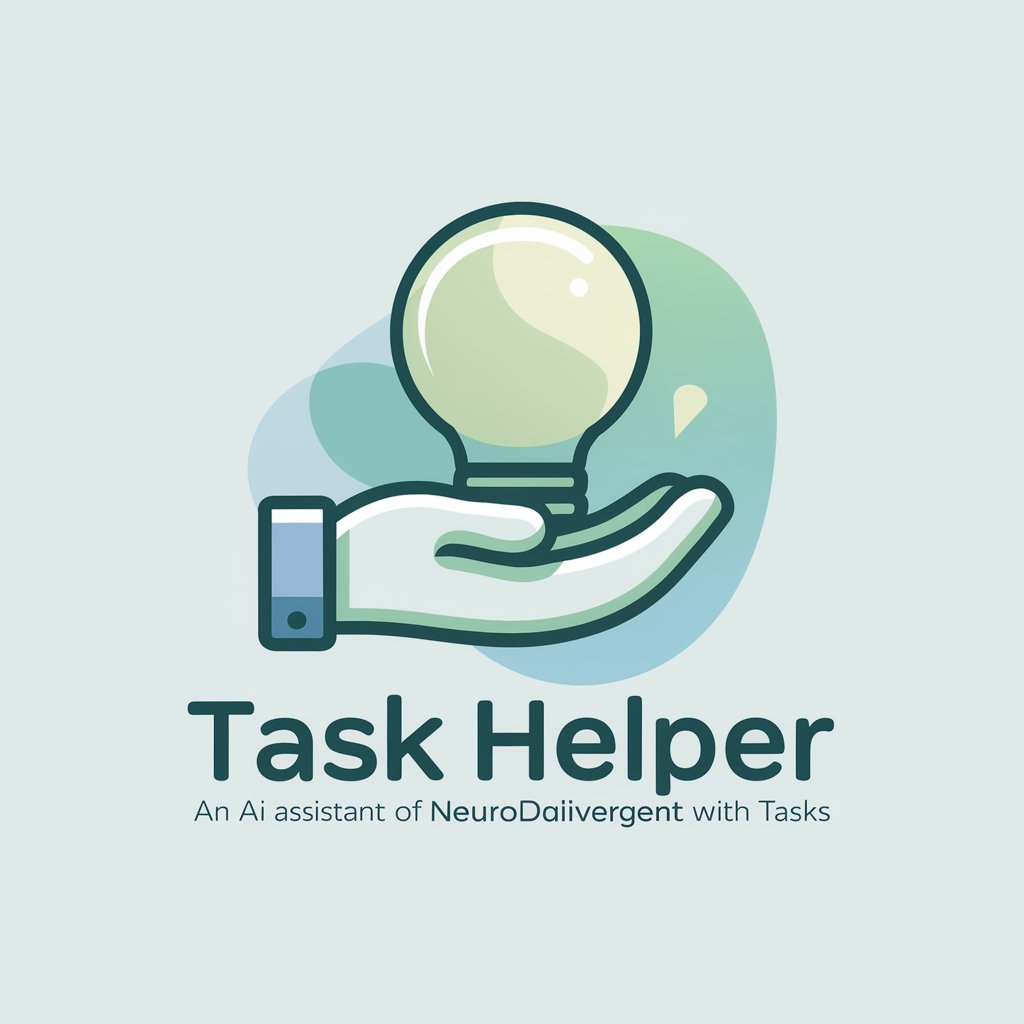
Task Automator
Empowering productivity with AI
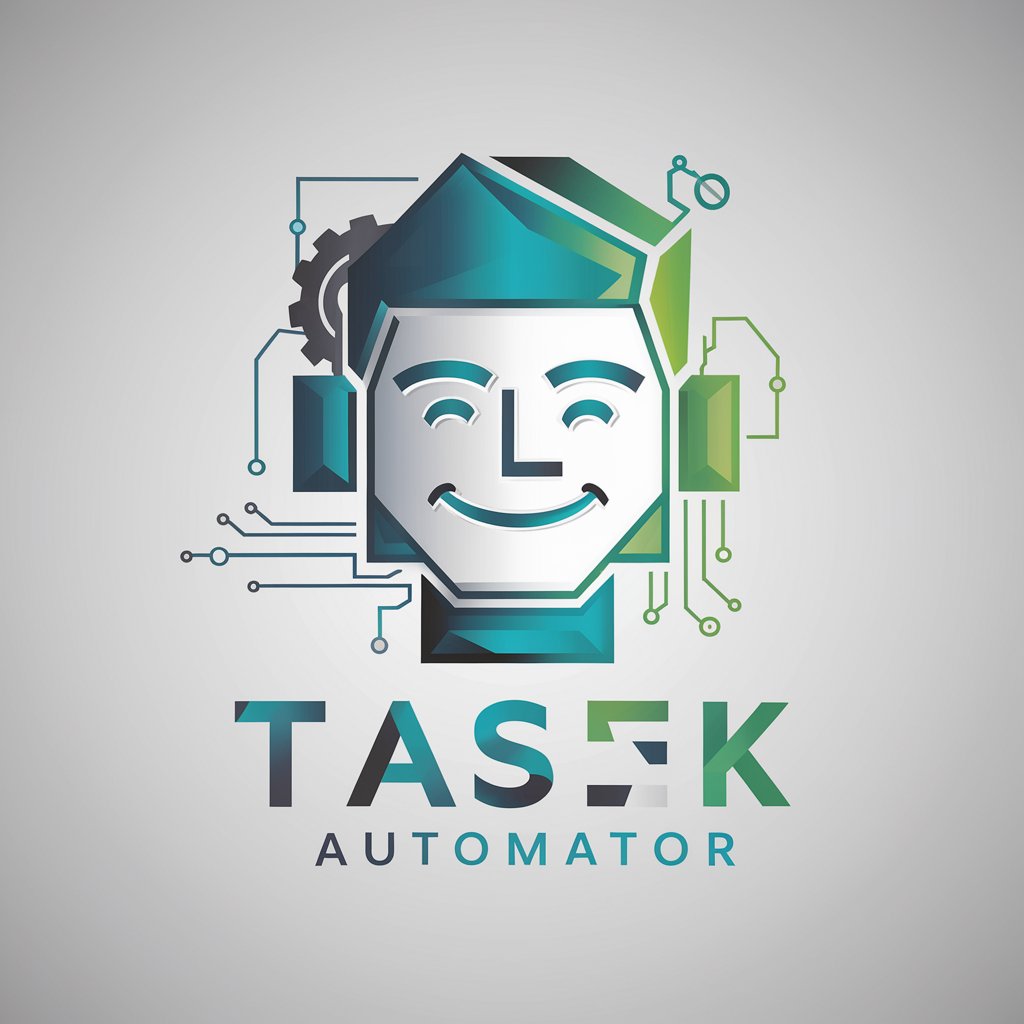
Task Optimizer
AI-Powered Task Management Revolution
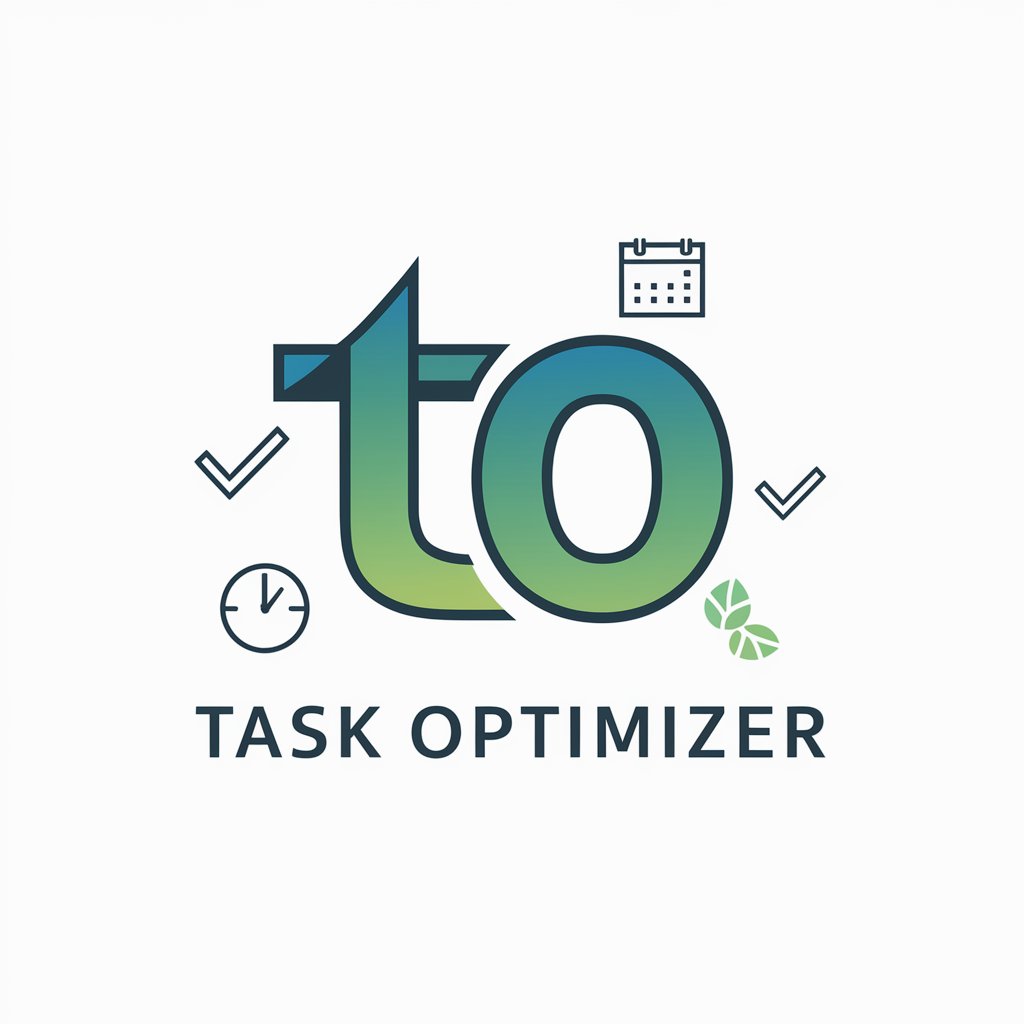
GPT Watch
Empowering Timepiece Mastery with AI
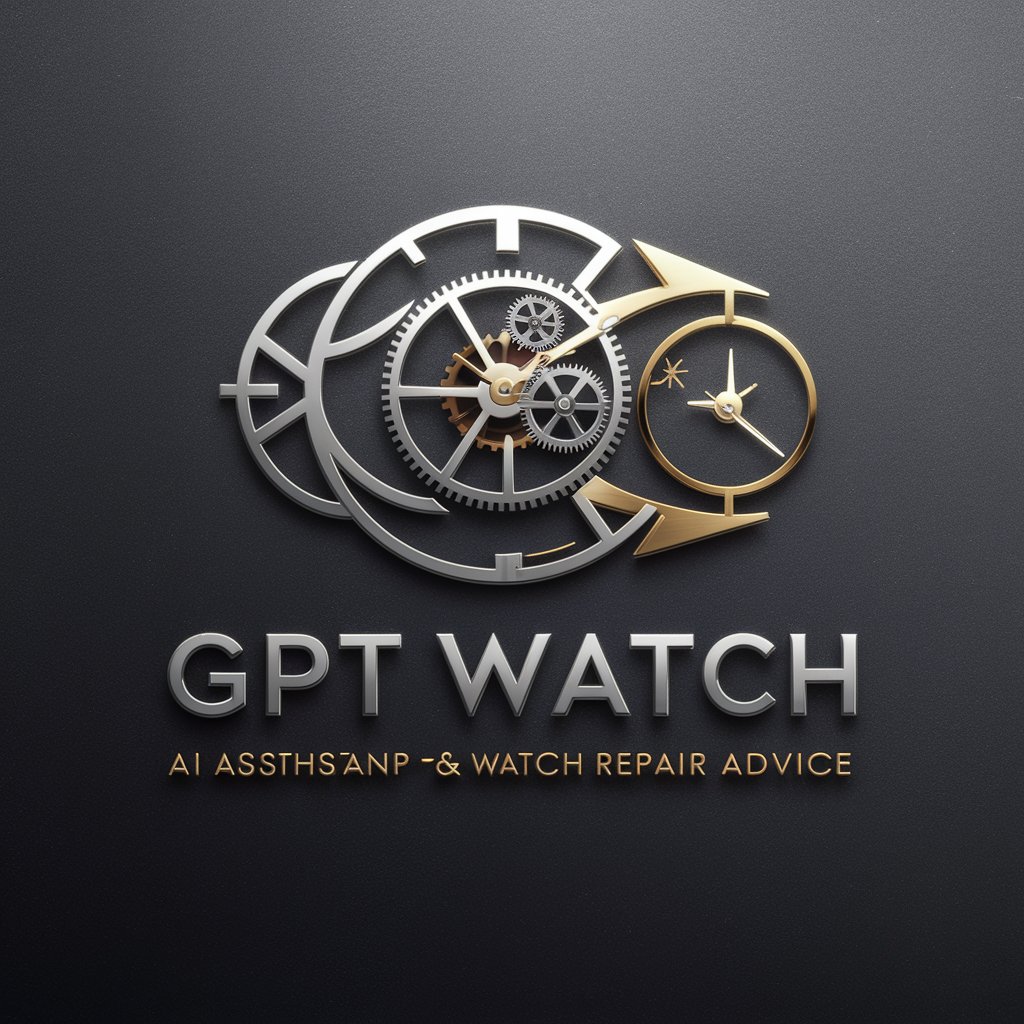
ロジカルアナリスト"L"
Empowering Decision-Making with AI-Powered Analysis

Vanguard Luxury Copywriter
Crafting Elegance with AI Precision

Safe Harbor from Bullying and Hate
Your AI ally against bullying and hate.

Comment Defender | Reply Hate with Ease
Mastering Digital Interactions with AI
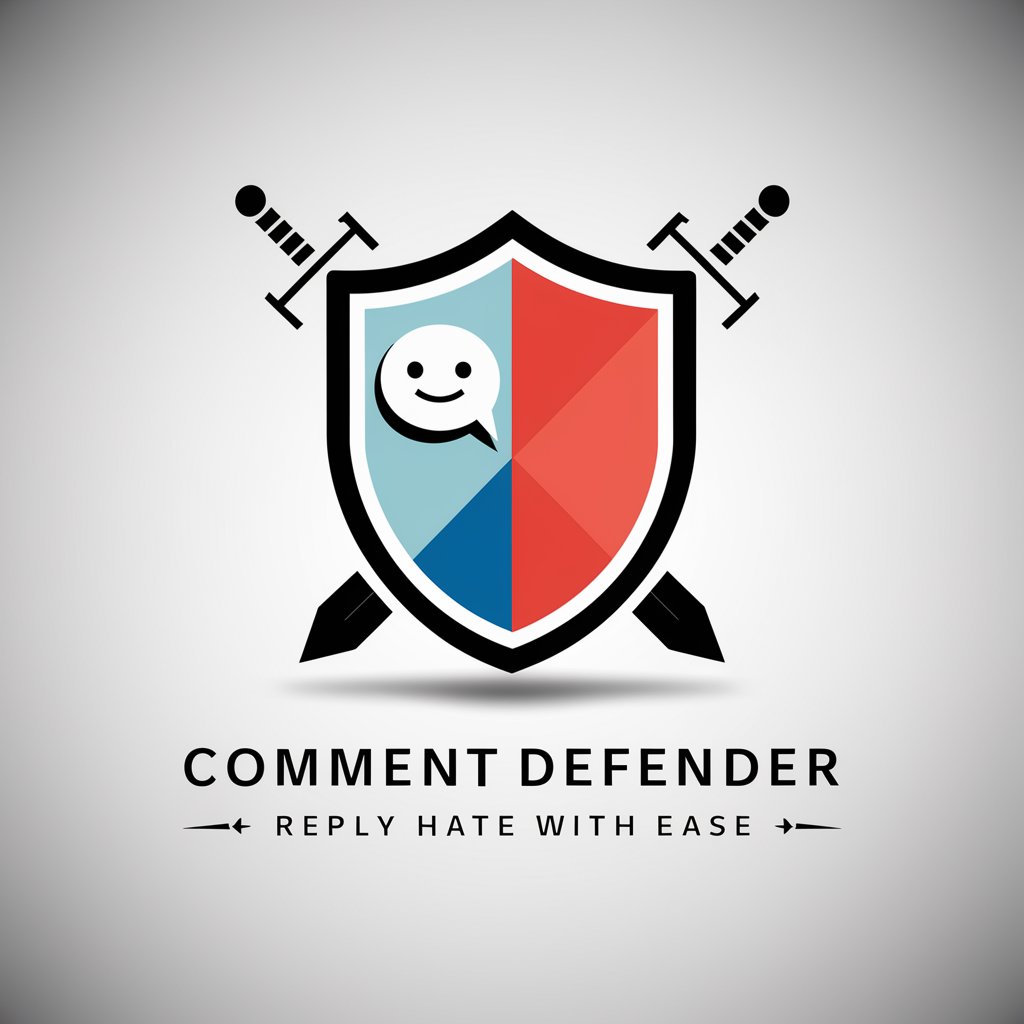
Slap the Hater's Ass
Animate humor with AI-powered creativity

I hate my boss
Vent Freely, Laugh Louder
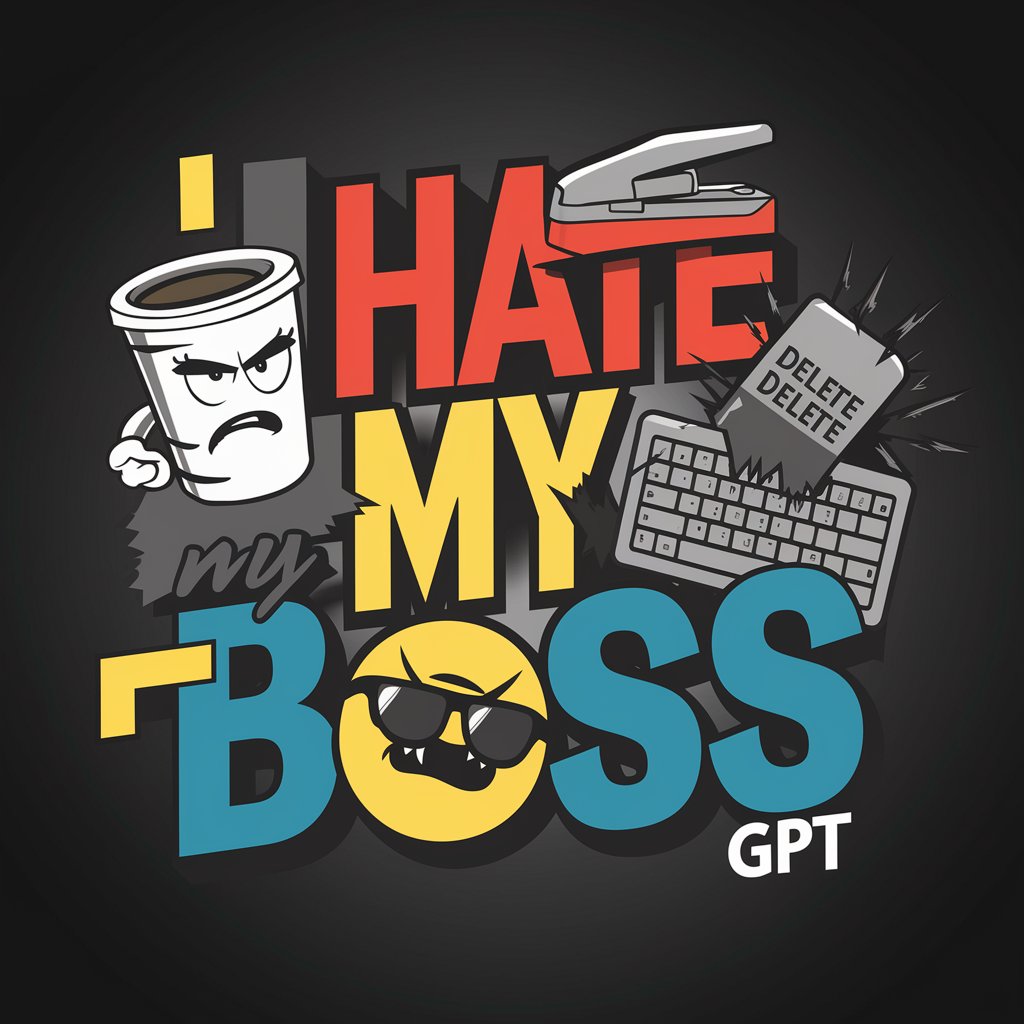
hateoas
Empowering code clarity with AI
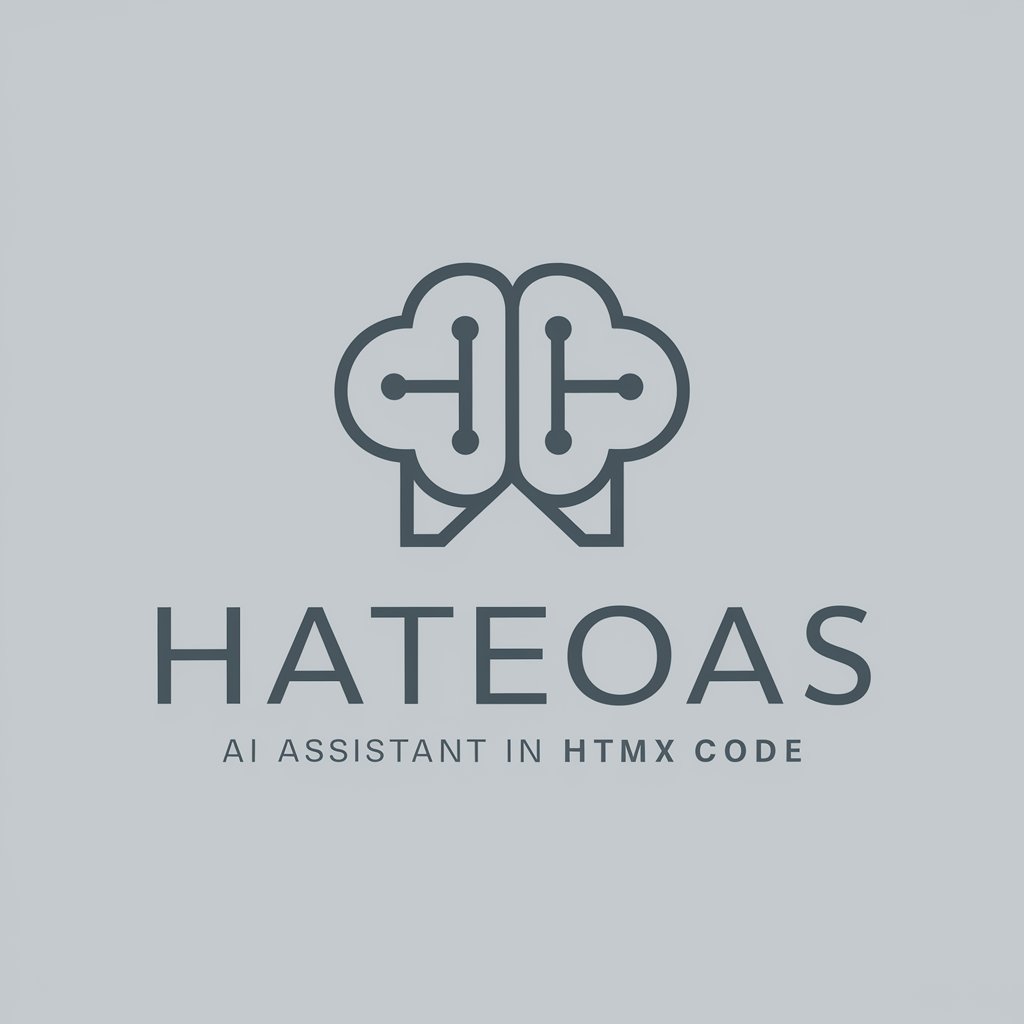
Irish Hate Speech Bill 2022
Understand and navigate hate speech law
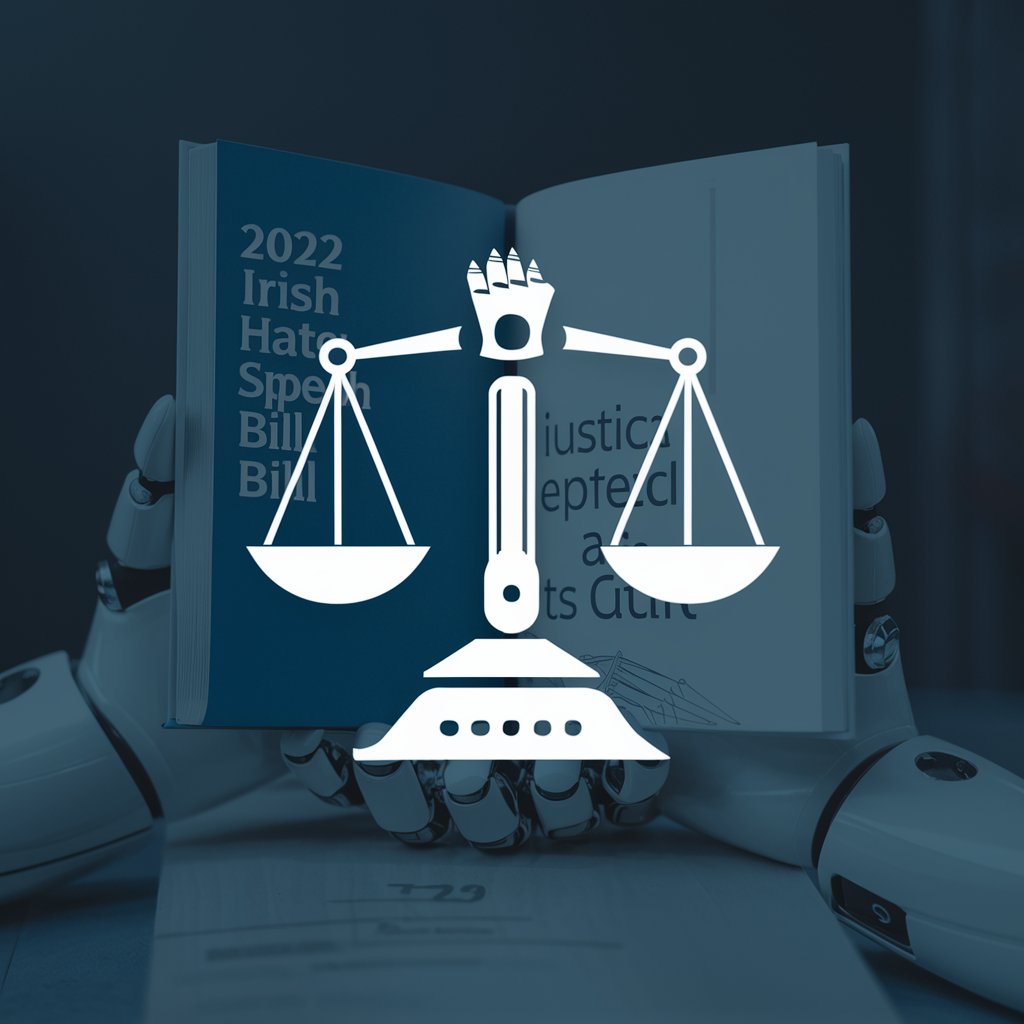
Frequently Asked Questions about 'I hate my job!'
What can I do if I feel overwhelmed by my job responsibilities?
Start by prioritizing tasks and setting realistic goals. Discuss with your manager about possibly redistributing tasks that are overwhelming or seeking additional support.
How should I address toxic work culture?
Document incidents of toxicity, seek allies within the organization, and consider a formal complaint if necessary. Focus on building a support network outside the workplace as well.
Is quitting the only solution if I'm unhappy at work?
Not necessarily. Before considering quitting, try addressing the issues with HR, adjusting your work pattern, or even switching teams internally to find a better fit.
What are some signs of poor work-life balance?
Signs include consistently long work hours, work encroaching on personal time, and feeling perpetually drained both emotionally and physically.
Can this tool help if I'm considering a career change?
Absolutely. It can help you analyze your current job dissatisfaction and clarify what you may seek in a new career, providing a clearer path for your transition.
